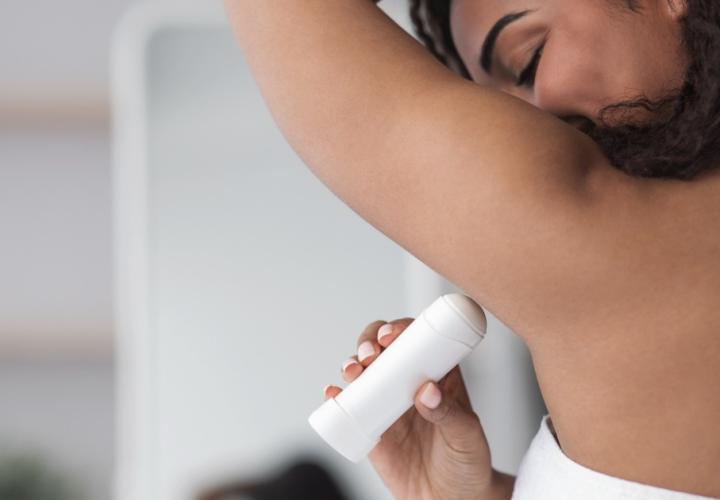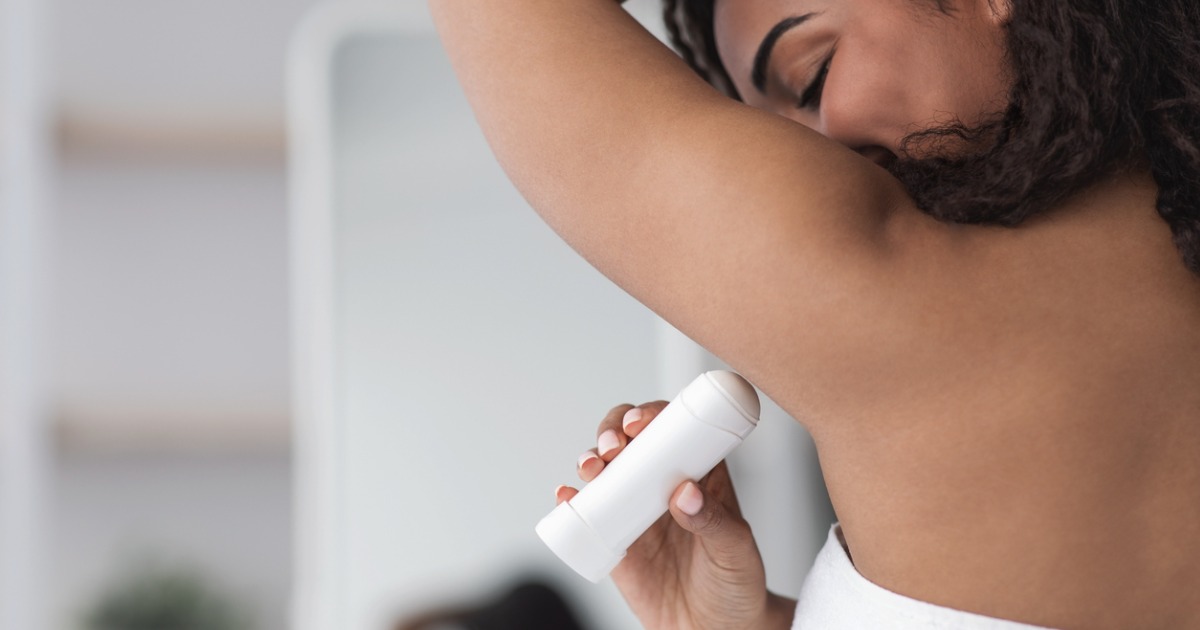I’ve started to notice that my child has underarm odor. When are they old enough to start wearing deodorant?
There’s no specific age for a child to start wearing deodorant or antiperspirant. Many start in their teens. Some start as soon as puberty starts to cause body odor, which can be as early 8 or 9 years old for some children. Then again, some never use it, even as adults.
It’s up to you and your child when, or if, they want to start using one of these products.
Are deodorants and antiperspirants safe for kids?
Yes. Deodorants and antiperspirants are safe for most kids – and for that matter, adults – to use.
A lot of parents are worried about rumors that these products might seal in harmful toxins: They don’t. (Your body removes toxins when you pee and poop, not through sweat.) You may have heard some false claims linking certain ingredients to breast cancer, but research shows that those claims aren’t true.
As an extra precaution, I always tell parents to start their younger kids with deodorant only (natural is great—see below*) because excessive sweating isn’t common until later. As kids get older and the sweating starts to bother them, then switching to an antiperspirant combo is completely fine.
> Related: 24 Questions for Your Teen to Ask Their Doctor

